Teaching kids good manners is important for their growth in social and emotional areas. Manners allow children to interact with others respectfully, building strong relationships and personality. When children learn to say “please” and “thank you,” wait their turn and show understanding, they gain valuable skills for different social situations. Developing these habits early boosts their confidence and self-worth, helping them move through life with kindness and thoughtfulness. Promoting good manners in children lays the groundwork for a more polite and caring community.
25 manners that kids should learn and practice
1. Say ‘please’
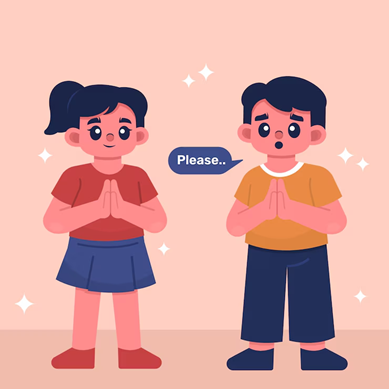
Encourage your child to say “please” when they want something. You can show them how by using “please” when you ask them for help. For instance, you might say, “Please put away your toys before you watch TV.”
2. Say ‘thank you’
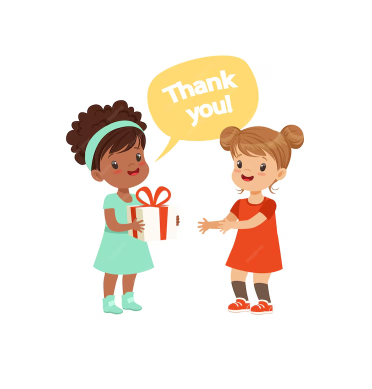
When your kids get something, whether it is a toy or help from someone, they should say “thank you” to show they appreciate it. By showing this good behaviour yourself, you can teach them well. If your child cleans up their toys, make sure to thank them excitedly for being so helpful.
3. Wait your turn
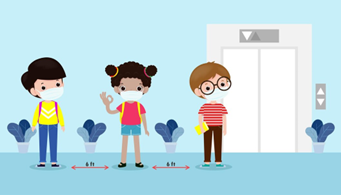
Teaching young children to take turns when talking can be challenging. Help them learn this skill by explaining that taking turns is important because it lets everyone share their thoughts. Kids should also know that it is sometimes acceptable to interrupt adults in emergencies, but they should wait for a break in the conversation at other times.
4. Say ‘excuse me’
Your child may need to interrupt you at times. They could have a bathroom issue or their sibling might have fallen and gotten hurt. In these situations, saying “excuse me” is the kindest way to join the conversation.
5. Ask permission
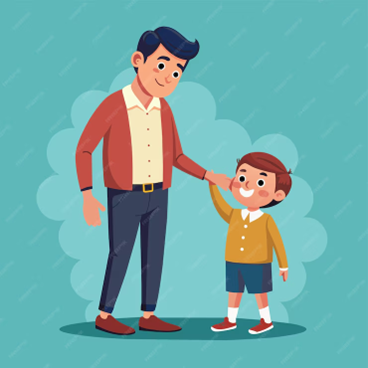
Show your child how to ask for permission if they are unsure about something. You can also set clear rules for when they need to ask, like when answering the door, downloading an app, or buying something. These habits can help avoid problems in the future!
6. Do not remark on appearance
Children often say things that are not suitable without thinking. They do not mean to be hurtful; they just lack the social skills to hold back their thoughts. To reduce awkward situations, teach them one important rule: Do not talk about how others look.
7. Reciprocate greetings
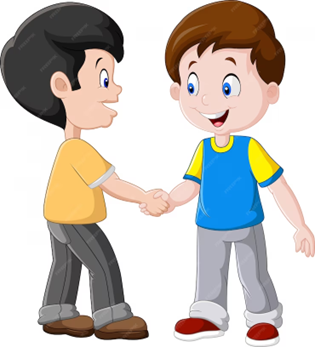
Teach your child about common greetings. For instance, when someone says, “How are you?” you should answer them and then ask, “How about you?” in return.
8. Express gratitude
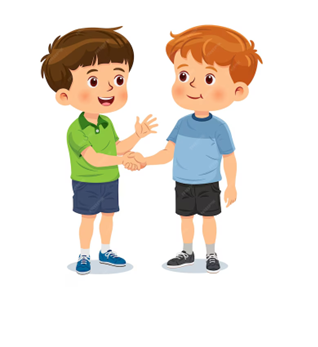
Show your child when to say thank you to others. For instance, after visiting a friend’s home, they should thank both their friend and the friend’s parents for their hospitality. This will make a great impression with their polite behaviour!
9. Knock on closed doors
Doors provide privacy, so if a door is closed, your child should knock before going in. However, just knocking isn’t enough! They should wait for a response and ask for permission before entering.
10. Introduce yourself

Introducing yourself is one of the most important aspects of good communication. It helps create a personal connection. Teaching your kids to start with a basic introduction about themselves can help them improve their communication skills and confidence.
11. Send ‘ thank you cards

When your child gets a gift, remind them to show gratitude and say “thank you.” Younger kids might have fun creating a thank-you card, which is a nice skill to learn.
12. Do not use foul language
Children learn habits, words and behaviour from others. To not use bad language, we must control ourselves first. Teach your children about the harmful effects of negative talk and using language that is not acceptable in civil society.
13. Do not call names
You might have heard of the saying, “Sticks and stones may break my bones, but words will never hurt me,” but that is not true. Many kids remember when unkind words made them feel bad. Help them understand that their words can hurt their friends too, and they should avoid calling others mean names.
14. Do not tease
Teasing, through mean names can hurt people’s feelings. Even if teasing seems funny, everyone reacts differently, and it can hurt someone. To be a better person, it is best to steer clear of teasing.
15. Say ‘pardon me’
Sometimes we run into others. It is okay if it happens by accident, but your child should recognise their mistake by saying “excuse me” or “pardon me”
16. Do not spread germs
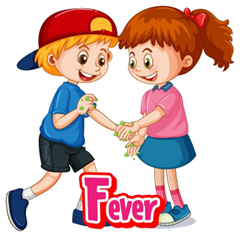
Germs can be passed around by air or by touching things. When children learn to keep clean, they lower their risk of getting sick and help stop the spread of germs to others, which is a nice thing to do! Show kids to wash their hands after using the toilet, cover their mouths when they cough or sneeze, and not pick their noses.
17. Hold the door
It is kind to hold the door for others. The goal is for your child to check if they can keep the door open for someone else whenever they go through it.
18. Help others
Teach your kids that it is polite to assist others, like a parent, teacher, or neighbour who needs help with a task. If they notice someone having a hard time, like a friend carrying too many books, they should offer to help.
19. Do their chores without being grumpy
Doing chores can be tough, even for adults, especially when you are not in the mood. However, being negative can make it harder. So, if your child feels grumpy about their chores, they should still try to finish them without complaining.
20. Use eating utensils properly
A key table rule for kids is to use utensils correctly. They usually pick this up by watching others, but they might struggle to use forks and spoons the right way. This can happen if they develop their way of holding them when they are younger. It is always helpful to remind them about good table manners!
21. Use a napkin
Another important table habit is to keep a napkin on your lap. Your child can use it to wipe their mouth instead of using their sleeve.
22. Pass dishes at the table
Teach kids to pass around dishes on the dining table and offer them to others. This way, you can prevent elbow bumps and lower the chances of spills!
23. Listen actively
Active listening is a valuable skill that often does not get enough credit. It doesn’t just involve hearing what someone says but also grasping their message and replying accordingly.
24. Being punctual
Show kids why being on time matters. It is an important way to show respect for other people’s time.
25. Showing appreciation
Kids should learn to show their thanks sincerely, whether it is for a present, a nice word, or a helpful deed.
Teaching good manners to toddlers and kids is more than just following rules. It helps build their character. For example, a child who often hears “please” and “thank you” will grow up to understand the importance of gratitude. At Mother’s Pet Kindergarten, we think it is essential to teach good manners from a young age. This helps shape who they become. A toddler who shares her toys now will grow into an adult who values teamwork and caring for others. Teaching manners is about helping kids handle social situations with respect, kindness, and grace.
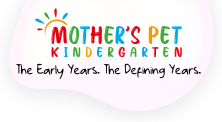
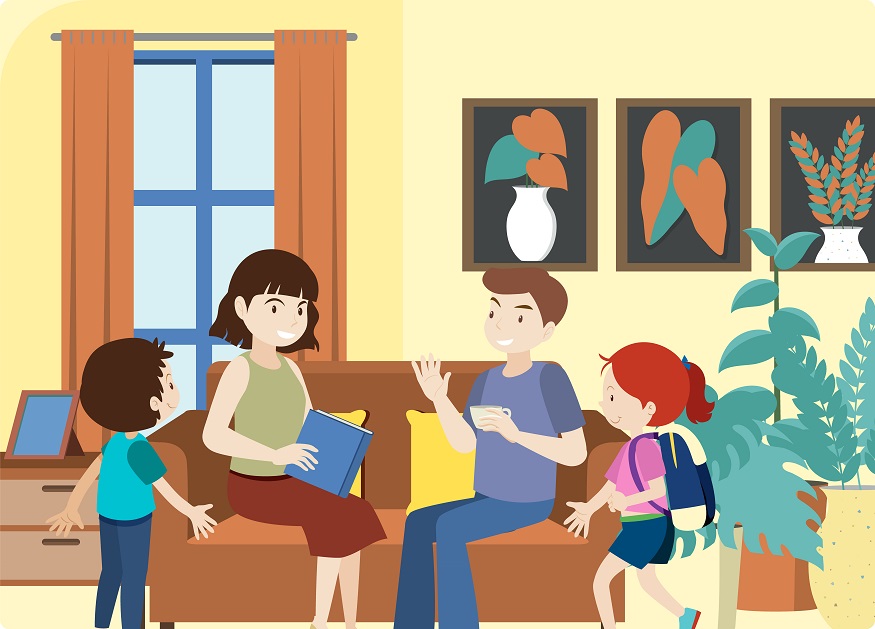

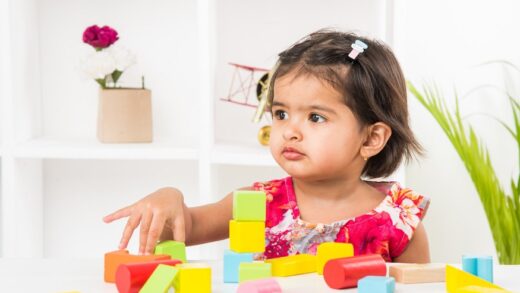
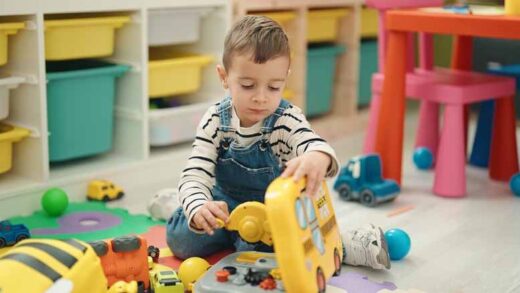

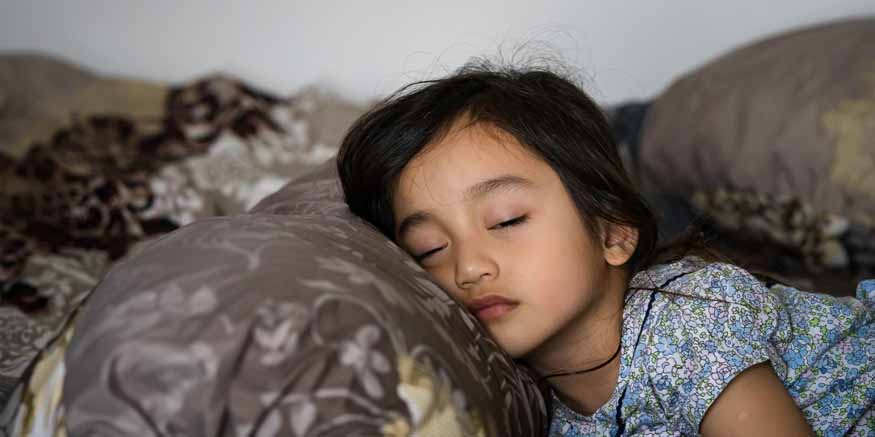
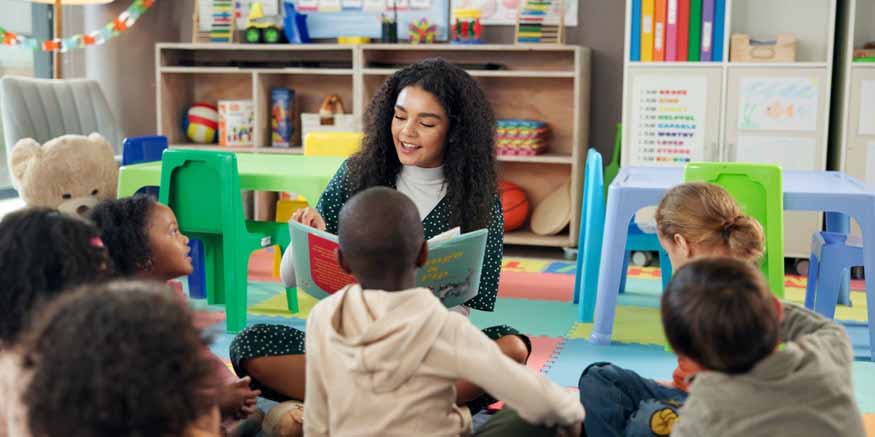
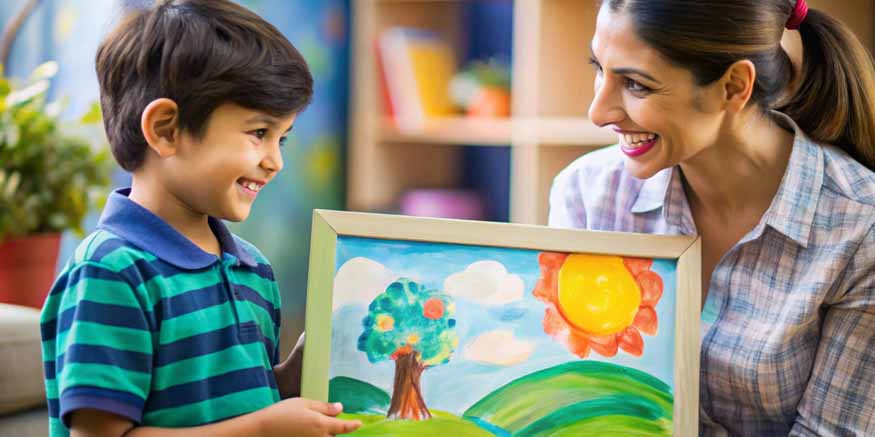
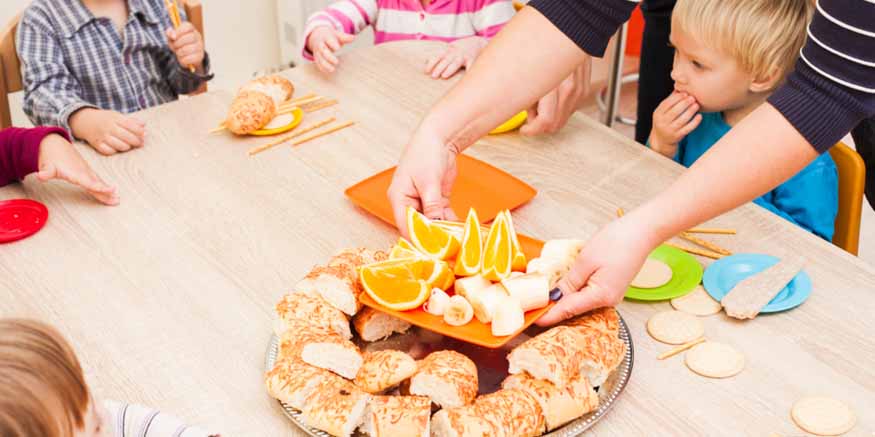
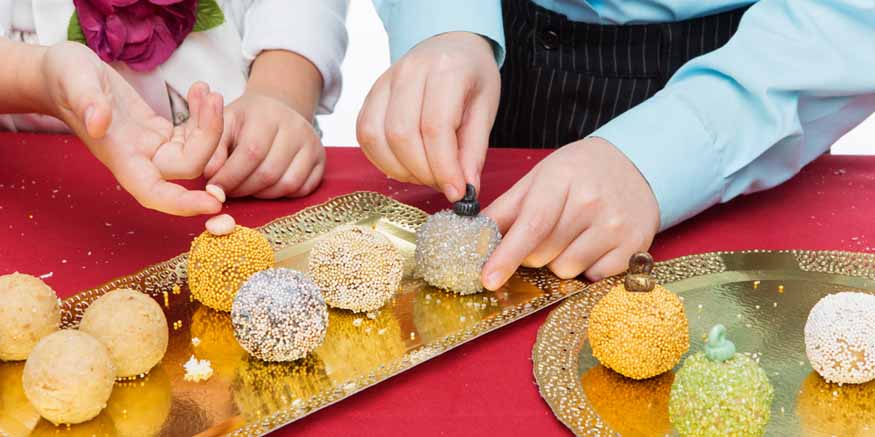
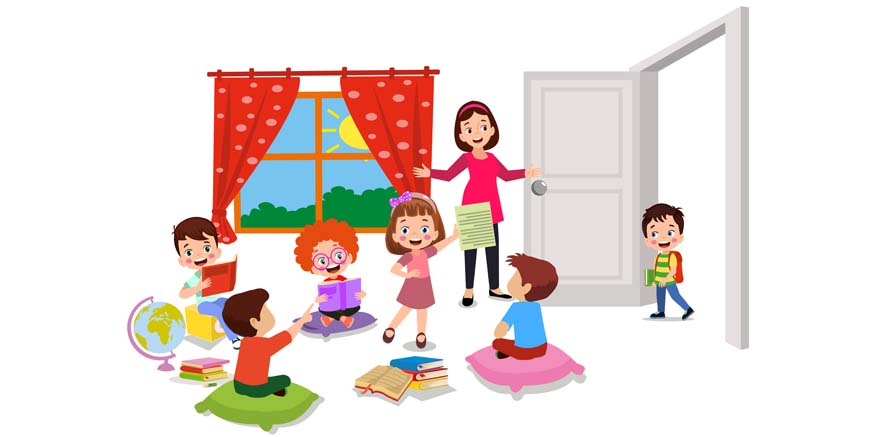
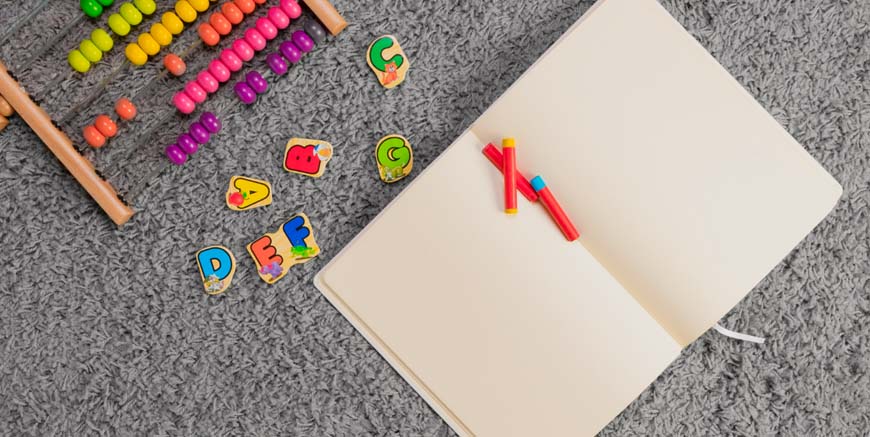
Recent Comments